Playing Chess and its many benefits
PLAY CHESS IMPROVE MENTAL HEALTH
Chess guidance has been professed to improve essential and centre school understudies' scientific capacities. The "Chess Impact" theory has gotten some logical help, yet it is yet to be convincingly illustrated. This note quickly audits the predominant research, distinguishes some underlying entanglements, and prescribes headings for future research.
Arithmetic capability is viewed as an essential for picking up occupations in the Science, Innovation, Designing and Math (STEM) disciplines, which support our mechanical future. While the degree of the required numerical aptitudes is expanding, the worldwide instructive reviews PISA and TIMSS have recorded striking contrasts in capability levels between nations, which have made worry in a few countries on their relative execution in arithmetic. For instance, from the USA point of view, specialists have led near investigations of execution patterns (Hanushek et al. 2012) and furthermore of science instructional method (Richland et al., 2012). There is a general inclination that novel strategies for instructing must be created to make arithmetic guidance progressively successful.
Chess guidance in school has been proposed as a mediation to address this target. The standard way of thinking that chess guidance may improve understudies' scholarly exhibition has animated various research ventures worldwide in the course of the most recent two decades. The more significant part of the examinations has concentrated on the putative advantages of chess guidance on accomplishment in science.
A meta-examination of the accessible proof
An ongoing meta-investigation has assessed the adequacy of chess guidance (Sala and Gobet, 2016). The meta-investigation, including 24 studies and 40 impact sizes, demonstrates that chess seems to improve essential and centre school understudies' accomplishment in science.
Besides, the size of the impacts is decidedly identified with the measure of preparing, recommending that 25–30 h, proportionate to an exercise for each week during the school year, is most likely the base limit to get significant advantages. Be that as it may, regardless of the promising outcomes, this meta-examination additionally brings up that practically none of the investigated investigations contrasted chess-treated gatherings and dynamic control gatherings to preclude conceivable misleading impacts. At present, this is the most genuine methodological issue in the field.
WHY PLAYING CHESS IS GOOD FOR YOU
Another investigation by the Foundation of Training, London (the "IoE examine") has tested the Chess Impact theory (Jerrim et al., 2016). The investigation looked at a massive gathering of Year 5 students (age 9/10) (N = 1,965) taking part in 1 year of chess guidance (25–30 h) with an aloof control gathering of friends (N = 1,900).
The school classes were arbitrarily relegated to the two meetings and pre-tried employing Key Stage 1 open examination for education, science, and arithmetic. One year after the finish of the treatment, the members were post-tried utilizing Key Stage 2 public examinations in similar orders. The two gatherings did not vary in any of the result measures. This outcome pulled in some consideration from the UK press (e.g., Pells, 2016) because it repudiates the past research, yet besides the regular perspective on many head instructors and educationists about the assumed advantages of chess. Consequently, this investigation merits some further exchange.
The IoE study has a few qualities: a considerable example, authoritative information for both the pre-test and the post-test, and gathering allotment by randomization. Notwithstanding, there are two noteworthy shortcomings in the test plan that lead us to question the unwavering quality of the invalid outcomes, particularly in connection to science. To start with, as recently referenced, the post-test was controlled one year after the finish of the guidance.
Therefore, the IoE concentrate tried to determine the "long haul" effect of chess guidance. Be that as it may, the absence of a quick post-mediation measure permits no immediate correlation with past investigations, as the writing has concentrated on the transient effect. Prior research demonstrates that 25–30 h of guidance and play is the base required to pick up a critical temporary effect (Sala and Gobet, 2016). Thus, it is implausible that a similar sum can initiate a long haul sway. Second, the outcomes might be vitiated by a roof impact.
The IoE concentrate detailed a general mean of 70% and a standard deviation of 20% in Key Stage 2 science. Also, the dissemination was exceedingly contrarily slanted (Jerrim et al., 2016, Figure 2, p. 27), with roughly 50% of the example performing above 75%. These example scores are steady with those at the national level distributed by the Division for Training (for subtleties, see Measurements: key stage 2, 20171. Given that the test framework creates a falsely compelled appropriation of test outcomes, estimating the impact of any mediation is hazardous.
Uncertain issues of the examination on the advantages of chess guidance
Regardless of whether the IoE study does not give any unmistakable proof against the supposed advantages of chess guidance, the evidence delivered so far is inadequate to set up those advantages either. Some basic structure related and hypothetical inquiries are yet to be settled.
The issue of misleading impacts
Aside from this single IoE ponder, past research on the impacts of chess guidance, conceivably demonstrates a positive effect on arithmetic execution. Notwithstanding, we can't preclude misleading has implications because practically none of the trials in the field of chess and instruction were planned with dynamic control gatherings. (The exemption is Sala et al., 2016, where the chess gathering was contrasted with both an aloof control gathering and a gathering playing go.)
All the subjective examinations, including the IoE Study, demonstrate that most students are energetic about chess. This energy may make the understudies increasingly propelled about a school—which thus helps scholastic execution. Numerous different exercises might be as inspiring as chess and, henceforth, get a similar positive outcome.
The need for dynamic control gatherings to control for misleading impacts goes past the specific instance of chess and includes preparing intercessions all in all (Moreau et al., 2016). Critically, it has been as of late seen that the kind of control gathering (dynamic or inactive) is frequently a massive mediator in meta-scientific models. For instance, correlations among treatment and vibrant control bunches deliberately give littler impact sizes than examinations among treatment and detached control bunches in spaces, for example, working memory preparing and music directions.
So if you want to train your brain and keep your memory in tact, then you can purchase a chess set from us here at Official Staunton.
We stock a wide range of quality chess sets, chess pieces and tournament chess combinations. We have been in business a very long time, and take pride in our ability to provide customers with exceptional quality chess sets at incredible prices.
We are renowned for our Staunton Reproduction chess sets, and have a wonderful selection of antique remakes available online. We also house a variety of value wooden chess sets and unique, limited edition chess sets...whatever you are looking for, you can be sure we have it here at Official Staunton.



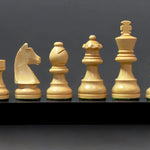
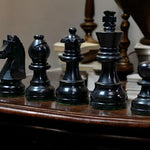
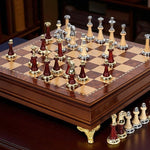
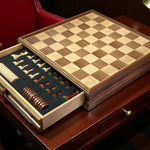
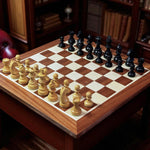
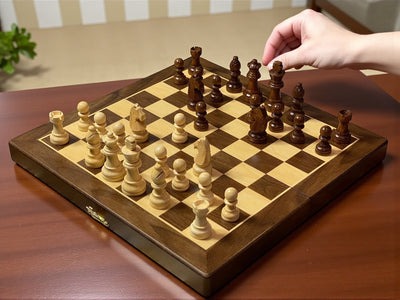
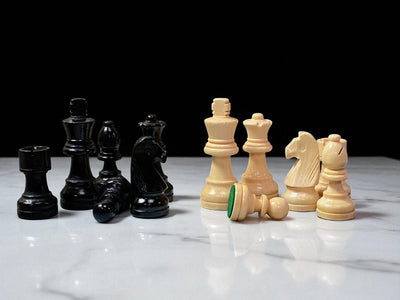
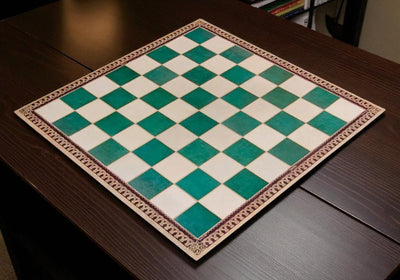
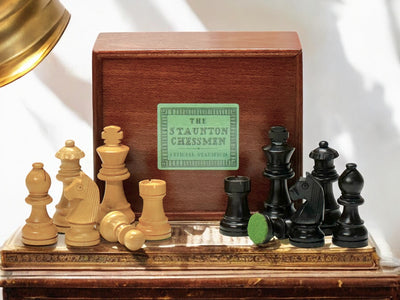
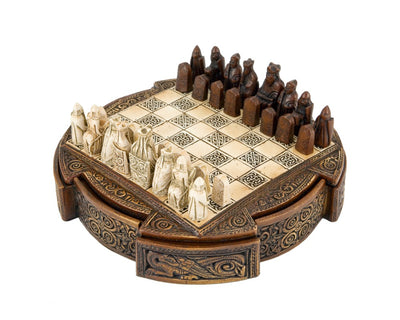
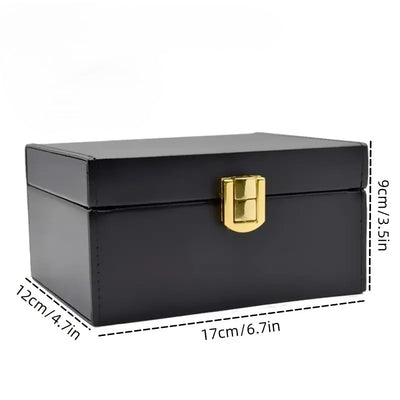
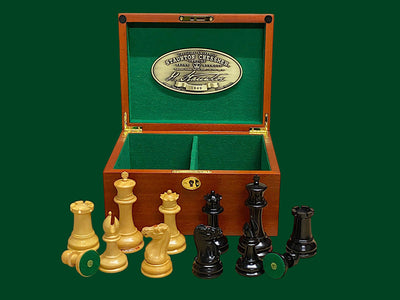
Leave a comment